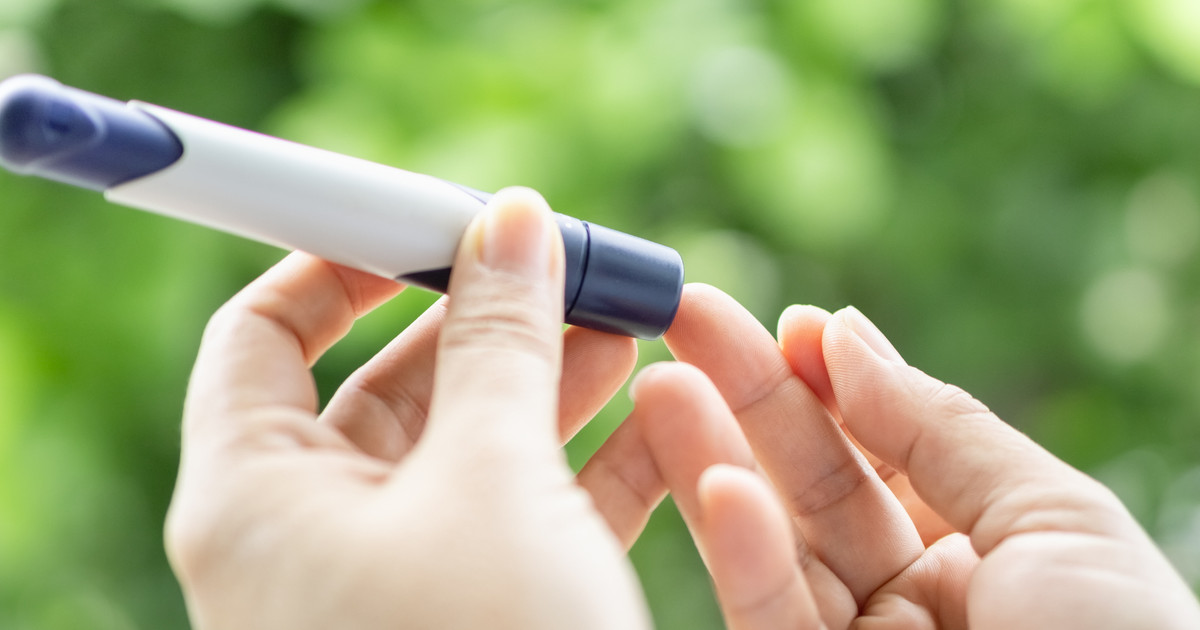What Causes Hypoglycemia?
Ladies, food helps you get glucose (sugar) into your body. You need it so you get cellular energy! This energy keeps your body running. Sometimes, though? You may not get enough. Hypoglycemia is a condition involving very low blood sugar. It means you'll deal with symptoms like pale skin, numbness, sweating, fatigue, and blurry vision. Other possibilities? Confusion, seizures, and a loss of consciousness. You don't want this to happen, ladies!
The first step to hypoglycemia treatment? Finding out the cause! After that, it's relatively straightforward. This is great, fewer things to worry about, ladies! If you have diabetes? Insulin injections and other diabetes meds are very helpful. Taking meds that might be causing it? Get them adjusted! There's also a natural remedy for hypoglycemia. Yes! Try fast-acting carbs for a quick boost in blood sugar. And remember regular blood sugar checks!

Diabetes
Ladies, your pancreas needs to make insulin! It helps your liver absorb glucose. Why is this so important? Insulin lets the cells have the energy they need! You need energy to get up and moving every day. Diabetes, though, means there are issues with insulin. Either your body cannot make insulin, or you cannot use what it does make! Neither is good.
You might need multiple doses of insulin every single day to help treat this condition! But, ladies, there are risks. You might deal with hypoglycemia because of your diabetes! You have to eat enough carbs if you need daily insulin. This helps insulin work on your body! It prevents your blood sugar from dropping too low. You have the power to avoid this, use it!
Medications
Medications can trigger hypoglycemia, ladies. Yes, insulin is a big one if you have diabetes! But there are others. Aspirin makes the body secrete more insulin. Guess what? This means you're at a higher risk of very low blood sugar! There is good news, though. You likely need to take moderate to high doses of meds like this to see hypoglycemia. So you can manage this risk!
Some antibiotics make may your body release more insulin, ladies. Because of this, you might be dealing with lower blood sugar! Your doctor can talk to you about how to avoid this happening. All isn't lost! Quinine also makes the pancreas create more insulin than necessary. So it's another risky med to take. You have to remember hypoglycemia at all times. Thankfully? This is easy!

Hormone Deficiencies
Ah, hormones. Not always the best, right ladies? Not having enough of certain hormones triggers hypoglycemia. When does this happen? If you don't have enough of the hormones that are important for your blood sugar! This includes the growth hormone. This one helps your liver release glucose back into your blood when it needs to! Another example? Cortisol, also called the stress hormone. Yes, ladies, it impacts your blood sugar too! Thankfully, you don't need to let your blood sugar drop too much due to hormones. Your doctor has your back here. Talk to them about the best treatment. Your issues will be better in no time!
Kidney Conditions
Your kidneys need to be healthy! Ladies, they filter waste, excess fluid, and toxins from your blood. Where's it go? Out of your body through pee! However, kidney conditions can hamper their function. Some of them affect your blood sugar! Yes, your kidneys can get excess glucose from your blood. But if they don't work right and can't put the glucose back, if it's needed? Your body might not have enough to use! This means that you'll end up with hypoglycemia! Ladies, you don't need to take this risk. Getting treatment for kidney conditions will prevent issues just like this! Talk to your doctor to make sure you've got things under control.

Hepatitis
Hepatitis affects the liver, ladies. It'll mean some inflammation and damage, thanks to 1 of 5 viral strains, immune system attacks, or too much alcohol. This isn't great for your blood sugar and often means hypoglycemia. Why? Your body stores the glucose it doesn't need in the liver! These stores help it make sure your blood sugar doesn't drop too much. The liver releases it when needed! But if there's reduced liver function? This doesn't happen. Your liver may not store the glucose it needs. Another possibility? Hepatitis can ensure that you can't access the glucose even if it's there! Both cases mean hypoglycemia is on the horizon!